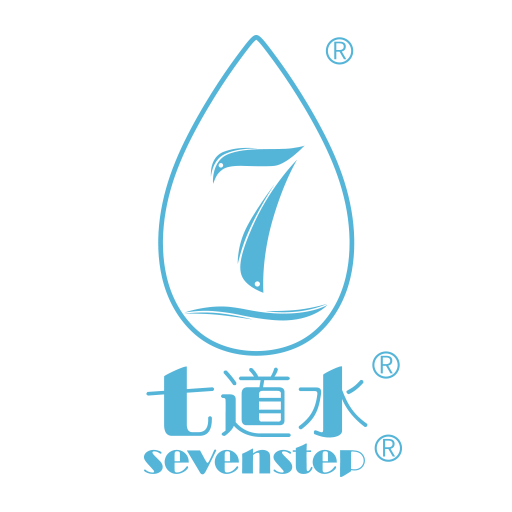Understanding Acne: Causes and Types
Acne is a common skin condition that affects millions of people worldwide. It occurs when the hair follicles become clogged with oil, dirt, and dead skin cells, leading to the formation of pimples, blackheads, and whiteheads. Various factors can contribute to the development of acne, including hormonal changes, stress, diet, and genetics. Understanding the causes and types of acne is crucial in finding the right natural skincare solutions to effectively manage and treat this condition.
Choosing the Right Ingredients for Natural Skincare
When it comes to treating acne naturally, it's essential to choose skincare products that contain effective ingredients known for their skin-clearing properties. Look for ingredients such as tea tree oil, witch hazel, salicylic acid, and benzoyl peroxide. These ingredients have been scientifically proven to help reduce inflammation, unclog pores, and fight acne-causing bacteria. Incorporating such natural ingredients into your skincare routine can greatly improve the overall health and appearance of your skin.
The Power of Tea Tree Oil
Tea tree oil is a potent natural ingredient that has been used for centuries to treat various skin conditions, including acne. It possesses antimicrobial and anti-inflammatory properties that can help kill acne-causing bacteria and reduce redness and swelling. When using tea tree oil, it's important to dilute it with a carrier oil, such as jojoba or coconut oil, to avoid skin irritation. Applying a few drops of diluted tea tree oil to affected areas can effectively target acne and promote clearer skin.
Harnessing the Benefits of Witch Hazel
Witch hazel is a natural astringent that can be highly beneficial for acne-prone skin. It helps tighten the skin, reduce excess oil production, and minimize the appearance of pores. Witch hazel also possesses anti-inflammatory properties, making it an excellent choice for soothing irritated skin. Applying witch hazel to the affected areas using a cotton pad can help control acne breakouts and promote a smoother complexion.
The Exfoliating Power of Salicylic Acid
Salicylic acid is a beta hydroxy acid that is widely recognized for its exfoliating properties. It works by gently removing dead skin cells, unclogging pores, and reducing inflammation. Incorporating salicylic acid into your skincare routine through cleansers, toners, or spot treatments can effectively treat acne and prevent future breakouts. However, it's essential to start with a lower concentration to avoid potential skin irritation and gradually increase it as tolerated.
Benzoyl Peroxide: A Staple for Acne Treatment
Benzoyl peroxide is a powerful ingredient that effectively kills acne-causing bacteria and reduces excess oil production. It also has anti-inflammatory properties that help calm redness and swelling associated with acne. Benzoyl peroxide is commonly found in cleansers, creams, and spot treatments. Start with a lower concentration to minimize potential dryness and gradually increase it as needed. It's important to note that benzoyl peroxide may bleach fabrics, so take necessary precautions when using it.
The Importance of a Consistent Skincare Routine
Establishing a consistent skincare routine is vital for managing acne and promoting healthier skin. Cleanse your face twice a day using a gentle cleanser suitable for your skin type. Follow it up with a toner to remove any remaining impurities and balance the skin's pH levels. Apply a lightweight moisturizer to keep your skin hydrated without clogging the pores. Lastly, don't forget to use sunscreen daily to protect your skin from harmful UV rays, as some acne treatments can increase sensitivity to the sun.
Supporting Your Skin from Within: Diet and Lifestyle
While external skincare is important, supporting your skin from within is equally crucial. A healthy diet rich in fruits, vegetables, whole grains, and lean proteins can provide your skin with essential nutrients and antioxidants. Avoiding processed foods, sugary drinks, and excessive dairy consumption may also help reduce acne breakouts. Additionally, manage stress levels through activities like exercise, meditation, and sufficient sleep, as stress can worsen acne.
Seeking Professional Advice
If you're struggling with severe or persistent acne, it's advisable to consult a dermatologist or skincare professional. They can assess your skin condition, identify underlying causes, and recommend suitable treatments. Dermatologists may suggest prescription medications, such as topical retinoids or oral antibiotics, to effectively manage acne. Combining professional guidance with natural skincare remedies can provide you with a comprehensive approach to achieving clearer and healthier skin.
Conclusion: Embrace Natural Skincare for Acne
Natural skincare for acne offers a gentle yet effective way to manage and treat this common skin condition. By understanding the causes and types of acne, choosing the right ingredients, establishing a consistent skincare routine, and supporting your skin from within, you can transform your skin and regain your confidence. Remember, everyone's skin is unique, so it may take some trial and error to find the perfect natural skincare routine that works best for you. Embrace the power of natural ingredients and embark on your journey towards clearer, healthier skin.

